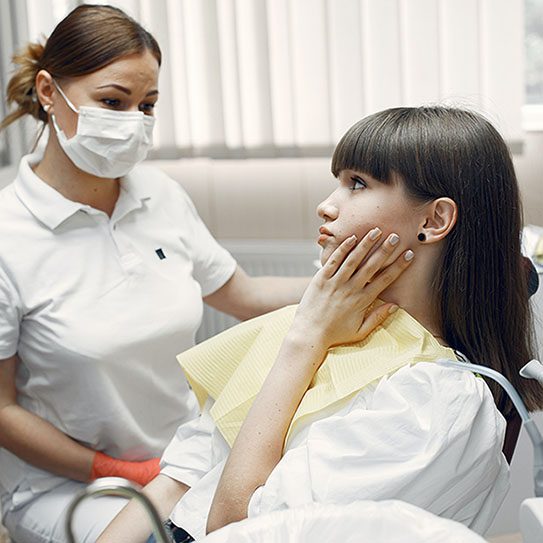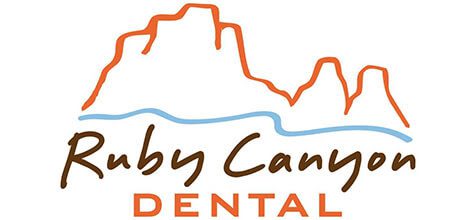
Tooth extraction is a dental procedure we offer at our Grand Junction practice that involves the removal of a tooth from its socket in the jawbone. While preserving natural teeth is always the preferred option, there are situations where extraction becomes necessary to protect overall oral health. Understanding the circumstances under which tooth extraction may be required, as well as the options available for tooth replacement, is essential for maintaining optimal dental wellness. So when is tooth extraction necessary?
Severe Tooth Decay or Damage
Tooth decay, if left untreated, can progress to the point where it severely compromises the structure of the tooth. In cases where the decay has advanced to the extent that it cannot be effectively restored with fillings, crowns, or root canal therapy, extraction may be necessary to prevent the spread of infection to surrounding teeth and tissues.
Advanced Gum Disease
Periodontal (gum) disease can lead to the deterioration of the supporting tissues and bone surrounding the teeth. In advanced stages of gum disease, known as periodontitis, the teeth may become loose and may need to be extracted to preserve the health of the remaining teeth and prevent further bone loss.
Orthodontic Treatment
In some cases, tooth extraction may be recommended as part of orthodontic treatment to address issues such as overcrowding or to create space for proper alignment of the teeth. Extracting a tooth can help facilitate orthodontic tooth movement and improve overall bite alignment.
Impacted Wisdom Teeth
Wisdom teeth, also known as third molars, may become impacted (unable to fully erupt) due to lack of space in the jaw or improper positioning. Impacted wisdom teeth can cause pain, infection, and damage to neighboring teeth. In such cases, extraction may be necessary to alleviate symptoms and prevent complications.
Trauma or Injury
Trauma to the teeth resulting from accidents, sports injuries, or other forms of physical trauma can sometimes lead to irreparable damage. If a tooth is fractured, severely cracked, or knocked out, extraction may be the only viable option to restore oral health and function.
What Can Be Done to Replace an Extracted Tooth?
Following tooth extraction, it is important to explore options for tooth replacement to maintain proper oral function and aesthetics. Some common options for replacing extracted teeth include:
Dental Implants
Dental implants are a popular and highly effective option for replacing missing teeth. An implant consists of a titanium post that is surgically placed into the jawbone to serve as a stable anchor for a prosthetic tooth (crown). Dental implants look, feel, and function like natural teeth and offer long-term durability.
Dental Bridges
Dental bridges are prosthetic devices that are used to bridge the gap created by one or more missing teeth. A bridge consists of one or more artificial teeth (pontics) that are attached to adjacent natural teeth or dental implants for support. Bridges restore chewing function and improve the appearance of the smile.
Removable Dentures
Removable dentures are another option for replacing missing teeth, particularly when multiple teeth need to be replaced. Dentures are custom-made prosthetic appliances that can be removed for cleaning and maintenance. While dentures offer a more affordable option for tooth replacement, they may not provide the same level of stability and function as dental implants.
Your Grand Junction Dentist Can Help
While tooth extraction is typically considered a last-resort treatment option, there are certain circumstances where it may be necessary to preserve oral health and function. Understanding the reasons for tooth extraction and the available options for tooth replacement can help individuals make informed decisions about their dental care. If you are experiencing dental pain or have concerns about the health of your teeth, consult with a qualified Grand Junction dentist to determine the most appropriate course of action.
